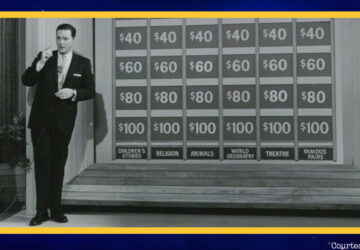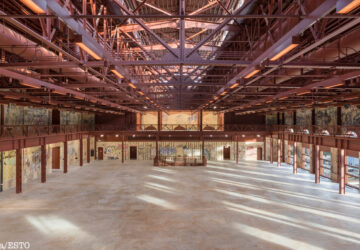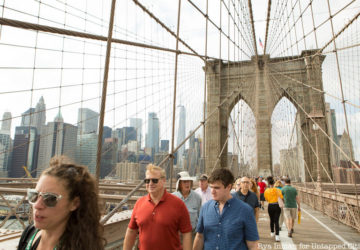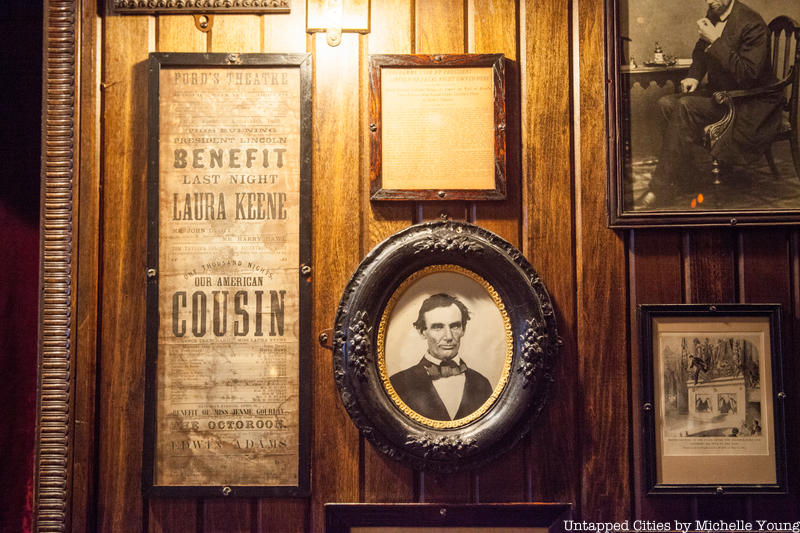
On April 14th, 1865, Abraham Lincoln was assassinated inside the Ford’s Theatre in Washington D.C. by actor John Wilkes Booth. That evening has been explored and interpreted countless of times, but lesser known is an artifact that hangs on the wall of Keens Steakhouse in Midtown: a blood-stained playbill Lincoln was supposedly holding from that evening’s performance of “Our American Cousin” by the English playwright Tom Taylor. This version of the playbill, printed that day, states in large lettering “This evening the performance will be honored by the presence of President Lincoln.”
Booth came from a famous family of Shakespearian actors, one of three illegitimate sons of Junius Brutus Booth. Booth himself had learned of Lincoln’s upcoming attendance that morning, while picking up his mail at the Ford Theatre, which was owned by a family friend. In fact, Booth’s most recent acting (and final) performance had taken place at the Ford’s Theatre less than a month before, on March 18th. He was a regular fixture at the theater, so his presence before and during the performance would not have been suspicious.
Keens Steakhouse, located at 72 W. 36th Street, opened up twenty years after Lincoln’s assassination and is one of the oldest restaurants in New York City. Its walls and ceilings are filled with historical artifacts, and a second floor room is known as the Lincoln Room. It is here, next to the entrance of the room, where the the playbill is framed, among a large number of Lincoln paraphernalia including a handwritten version of the Gettysburg Address. The staff is friendly and well-versed on the history, expecting visitors to stop by to see the historic material even if they do not have plans on eating at the steakhouse.
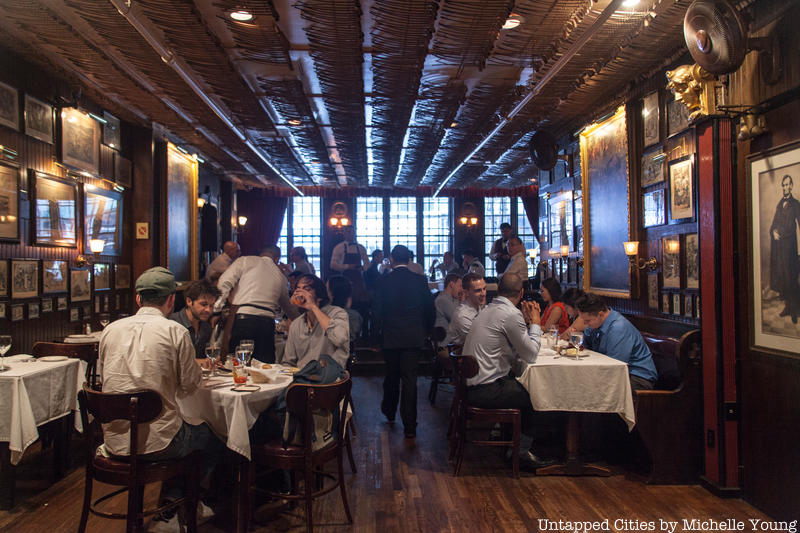 The Lincoln Room at Keen’s
The Lincoln Room at Keen’s
An article next to the playbill tells the story of how it got to Keen’s. It claims that it was picked up from underneath the chair Lincoln sat on in the theater box by the carpenter’s assistant, who took it home with him. It confirms that two sets of playbills were printed for the show that night, this one made after “it was learned that Lincoln was to attend.” It was distributed in the boxes and in the pit.
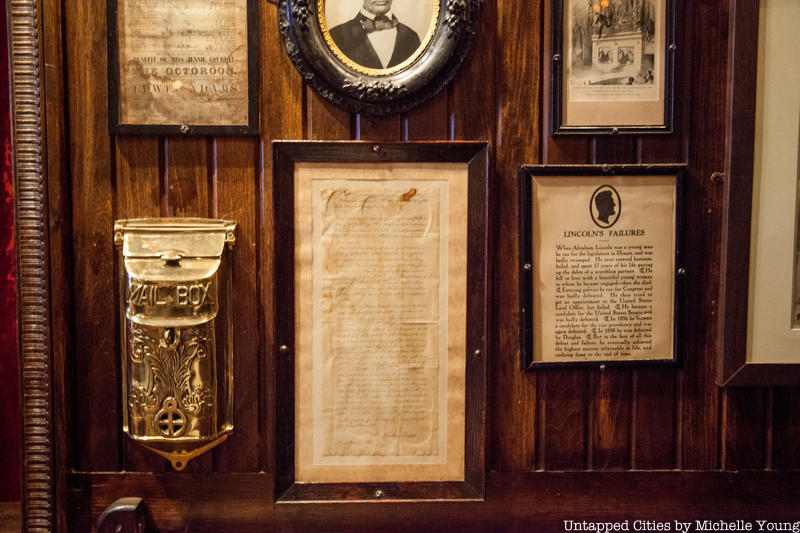
The article also mentions that those who had the playbill since Lincoln was killed had some bad luck, including the carpenter’s assistant who could not find a new job due to his connection with the Ford Theatre. When he was finally hired by a theater manager in New York, the assistant gave him the Lincoln playbill. The article claims that misfortune then befell the theater manager! The article concludes, “And today, after many vicissitudes, it hangs upon the wall of Keen’s. Paul Henkel, the hotel and restauranteur who helped create Keen’s steakhouse, says he found it here when he “took the place” that was previously the Lamb’s Club. The article says Henkel so far had no bad luck by owning the playbill. Henkel died in 1957, and seems to have had a prosperous and full life according to his obituary in the New York Times (no mention of the playbill there).
Meanwhile, Keens Steakhouse is not the only Booth connection to New York City. John Wilkes Booth the brother of famed Shakespearian actor Edwin Booth who would later create The Players club in Gramercy Park in an effort to restore the family’s name following the infamy of Booth’s assassination of Lincoln. Edwin’s room in the Gramercy Park club is preserved exactly as he left on his death in 1893.
Lincoln had visited New York City on numerous occasions during his life, making a speech at Cooper Union, visiting Plymouth Church, getting his photograph taken at Matthew Brady’s studio. Then, before he was laid to rest, Lincoln’s body lay in state inside New York City Hall on April 24, 1865 where 120,000 people came to pay their respects. The next day, a funeral procession up Broadway to 14th Street where a young Teddy Roosevelt watched from his window, across to Fifth Avenue and then up to 34th Street where the Hudson River Railroad transported him along to his next destination.
Next, check out a desk rumored to have belonged to Abraham Lincoln (or did it?)
